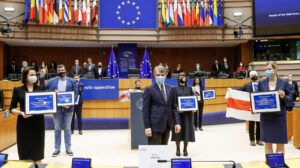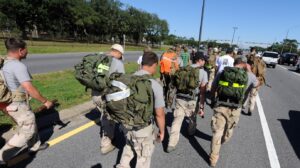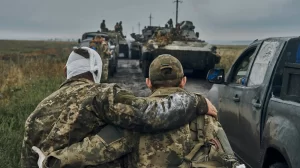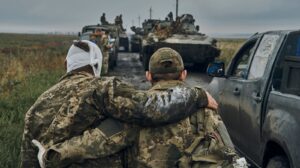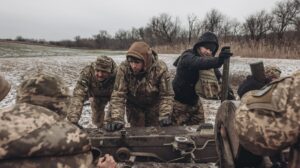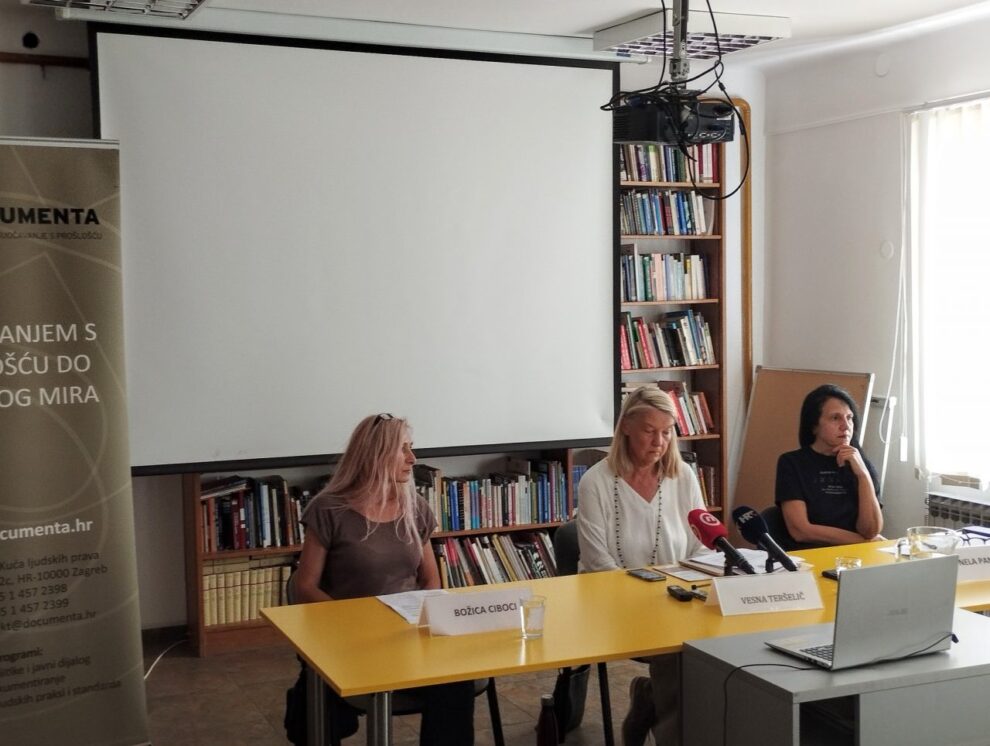Some victims of sexual violence during the Croatian war are wrongly being denied the status of war victims by the authorities, said civil rights associations.
Civil rights associations told a press conference in Zagreb on Monday that women who apply for the status of civilian victims of sexual violence during the war, which guarantees certain welfare benefits, are sometimes wrongly rejected by the authorities.
Some are denied on the grounds that the sexual assault was an individually motivated crime, which is not related to the war, said Nela Pamukovic from the Centre for Women Victims of War – Rosa.
“There are also some other cases of further discrimination, when the [Croatian veterans’] ministry determined that the crime took place in an area where there was no aggression, while in fact it was an area that was on continuous alert and tens of thousands of different missiles were dropped on that area,” added Pamukovic.
She also said that victims are being rejected by the ministry when the perpetrators of the sexual violence were members of the Croatian Army or police forces.
Pamukovic argued that the Law on the Rights of Victims of Sexual Violence During the Armed Aggression against the Republic of Croatia in the Homeland War, which has been in force for seven years, has been applied restrictively since its adoption.
So far only 298 people have submitted requests for the status of civilian victim of wartime sexual violence, while estimates have suggested that there were between 1,500 and 2,200 such victims during the war.
“Due to untreated trauma or fear that they will be stigmatised by society and family, victims of sexual violence remain silent, crimes remain unreported, and perpetrators go unpunished,” she said.
Vesna Terselic of Documenta – Centre for Facing the Past also told the press conference that the implementation of the Law on Civilian Victims of the Homeland War needs to be re-evaluated.
According to the Ministry of Croatian Veterans, in 2022, which was the first year after the law came into force, 1,775 requests for the status of civilian victims of the war were received, of which 596 were resolved.
Terselic criticised the length of time it takes to resolve requests.
“Some applicants did not receive a response even a year after submission [of their application],” she said.
She added that the law that was late anyway, two decades after the 1991-95 war, and many victims have already passed away.
One of the problems in the process of determining the status of a victim is that, for people who were detained in camps, prisons or other circumstances, the statements of additional witnesses are needed, which are often impossible to obtain.
Examining the reasons behind the rejections of requests, it is clear that the ministry does not recognise medical documentation from other countries, Terselic added,
This is a frequent obstacle for civilian victims of the Croatian Army’s Operation Storm in August 1995 and other operations that caused Serb civilians to flee.
People classified as “members, helpers or collaborators of enemy military and paramilitary units” are also not eligible for war victim status, which has led to rejections of some war victims who were married or related to Serbian fighters.
Source : Balkan Insight









